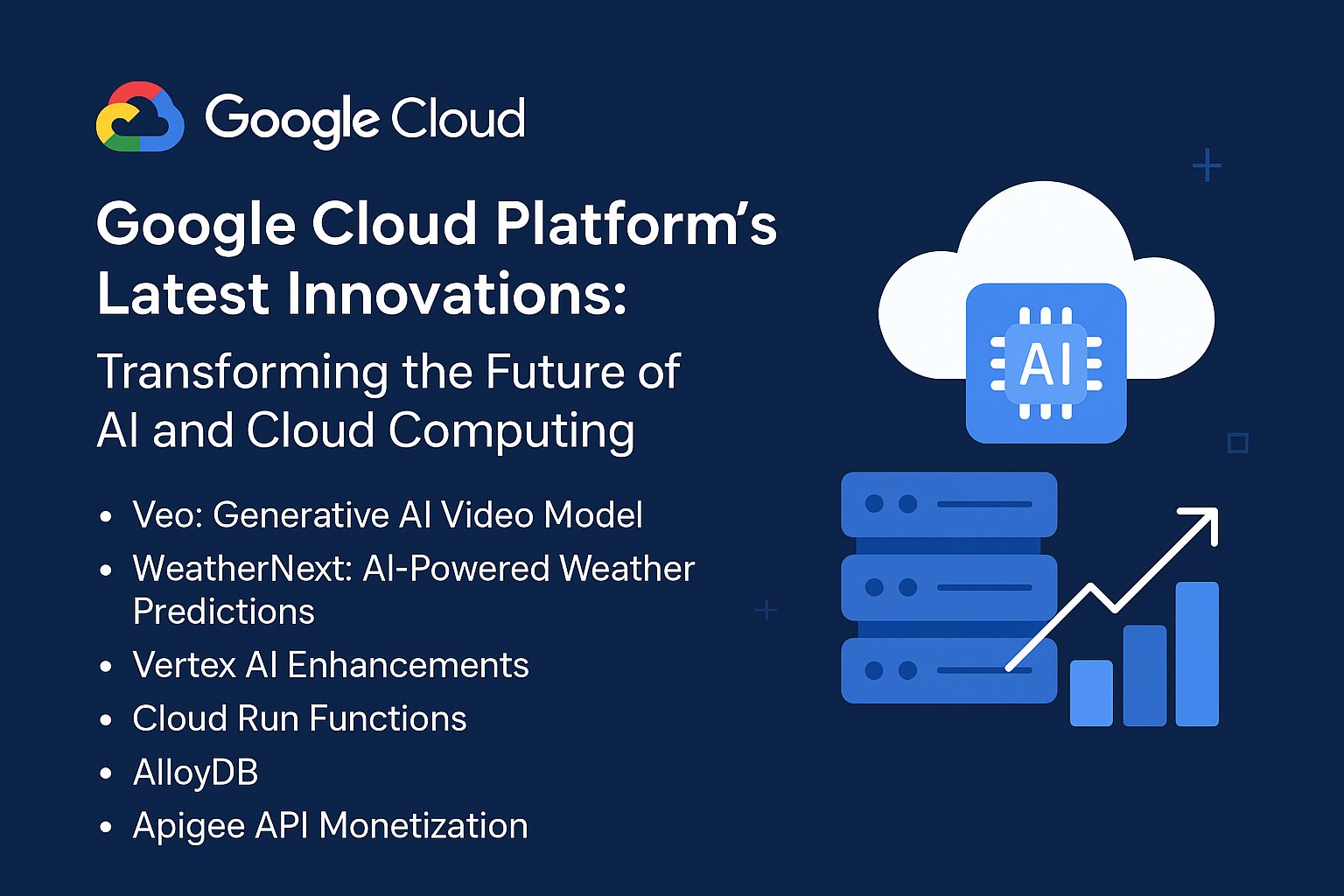Here’s a comprehensive table of contents on the topic “Ethical Considerations in AI and Big Data Analytics” along with elaboration on each section, including resource links for further reading:
Table of Contents:
- Introduction to Ethical Considerations in AI and Big Data
- Privacy Concerns in AI and Big Data
- Bias and Fairness in AI Algorithms
- Transparency and Accountability
- Data Security and Protection
- Informed Consent in Data Collection
- AI and Job Displacement
- Ethical Use of AI in Healthcare
- Environmental Impact of AI and Big Data
- Regulation and Governance of AI
- The Role of Ethics Boards and Frameworks in AI
- Conclusion and Future Directions
1. Introduction to Ethical Considerations in AI and Big Data
Elaboration: Ethical considerations in AI and Big Data analytics are crucial because these technologies are increasingly shaping society. From automating decisions to analyzing personal data, AI and Big Data can have significant social, economic, and political consequences. Ethical challenges arise when balancing innovation with responsibility, especially when data is used in ways that affect individual rights, societal norms, and public trust.
Resource Links:
- Ethics of Artificial Intelligence and Big Data (Harvard)
- Ethics in Big Data and AI (AI Now Institute)
2. Privacy Concerns in AI and Big Data
Elaboration: Privacy is one of the most pressing ethical concerns in AI and Big Data. Personal data is often collected without explicit consent and used for purposes beyond the original intent. AI systems can also inadvertently expose sensitive information through data mining and profiling. Ethical frameworks must ensure that AI systems respect privacy rights and comply with privacy laws such as GDPR (General Data Protection Regulation).
Resource Links:
3. Bias and Fairness in AI Algorithms
Elaboration: AI systems can perpetuate or even exacerbate existing biases if trained on biased data. Whether through gender, racial, or socioeconomic biases, algorithms can make decisions that are unfair, discriminatory, or unjust. Ethical AI development requires identifying and mitigating bias, ensuring that algorithms operate equitably across diverse populations.
Resource Links:
4. Transparency and Accountability
Elaboration: Transparency involves making AI algorithms understandable and accessible for scrutiny. Without transparency, it becomes difficult for individuals and organizations to understand how decisions are made. Accountability refers to ensuring that there is responsibility for AI system decisions, particularly when they cause harm. Clear accountability measures are essential for public trust in AI and Big Data.
Resource Links:
- AI Transparency and Accountability Framework (AI Now Institute)
- Understanding Transparency in AI (OpenAI)
5. Data Security and Protection
Elaboration: The increasing reliance on Big Data analytics raises significant concerns about data security. Data breaches can expose sensitive personal or organizational information, leading to financial, reputational, and legal damage. Ensuring that Big Data systems are secure against cyber-attacks and that data is protected throughout its lifecycle is a fundamental ethical responsibility.
Resource Links:
6. Informed Consent in Data Collection
Elaboration: Informed consent refers to ensuring that individuals are aware of and agree to how their data will be used. This is particularly important when collecting personal data for AI and Big Data projects. Ethical data collection processes should provide individuals with the knowledge and autonomy to make informed decisions about their participation in data-sharing programs.
Resource Links:
- Informed Consent and Data Privacy (Harvard)
- Informed Consent in Big Data Projects (Electronic Frontier Foundation)
7. AI and Job Displacement
Elaboration: The automation of tasks through AI and Big Data analytics may lead to significant job displacement across multiple industries. Ethical considerations must include how to balance technological advancement with protecting workers’ livelihoods. There must also be a focus on reskilling and providing opportunities for those affected by automation.
Resource Links:
8. Ethical Use of AI in Healthcare
Elaboration: In healthcare, AI and Big Data analytics hold immense potential for improving diagnosis, treatment, and patient care. However, these technologies also raise ethical concerns related to patient privacy, the accuracy of AI-driven diagnoses, and the potential for unequal access to healthcare innovations. Ensuring that AI is used ethically in healthcare means addressing these challenges in a way that benefits all patients equitably.
Resource Links:
9. Environmental Impact of AI and Big Data
Elaboration: The computational power required for training AI models and processing large datasets has a significant environmental footprint. Data centers consume vast amounts of energy, contributing to carbon emissions. Ethical considerations should address sustainable practices and the development of AI technologies with minimal environmental impact.
Resource Links:
10. Regulation and Governance of AI
Elaboration: The rapid development of AI and Big Data analytics calls for effective regulation and governance frameworks. These regulations must ensure that AI is used safely and ethically, balancing innovation with public interest. Global standards and national regulations are necessary to address ethical issues such as discrimination, security, and transparency.
Resource Links:
11. The Role of Ethics Boards and Frameworks in AI
Elaboration: Ethics boards and frameworks provide oversight and guidance on the ethical implications of AI and Big Data analytics. These entities are responsible for developing guidelines, reviewing projects, and ensuring adherence to ethical standards. They help organizations navigate complex ethical dilemmas and mitigate potential risks.
Resource Links:
12. Conclusion and Future Directions
Elaboration: The ethical landscape of AI and Big Data is constantly evolving. As technology advances, new ethical challenges will arise, and ongoing dialogue is essential. The future of AI ethics will involve finding a balance between technological potential, societal needs, and moral responsibility. Proactive approaches to addressing these issues will be crucial for fostering an ethical AI-driven future.
Resource Links:

